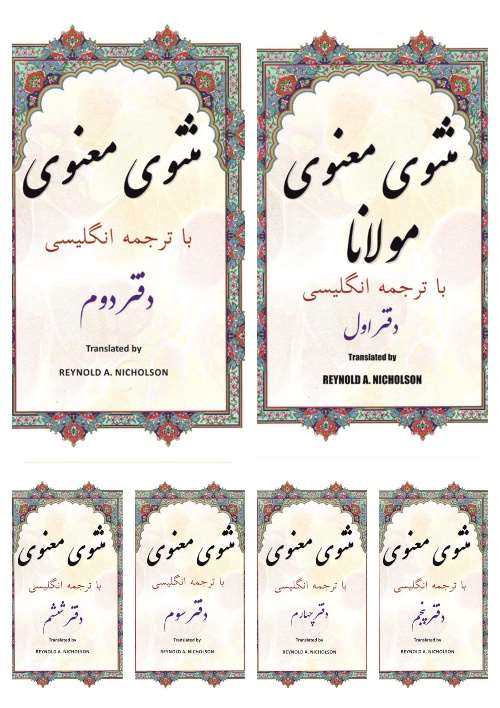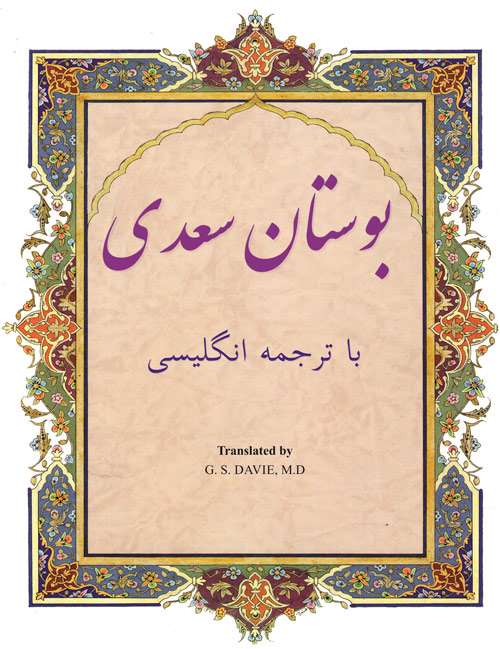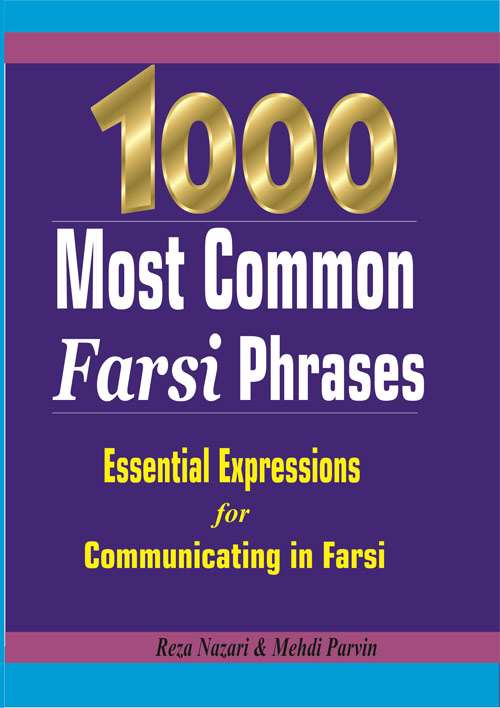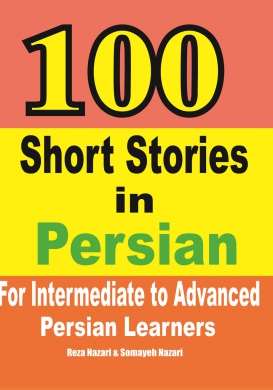
The harmfulness of being honoured by the people and of becoming conspicuous مضرت تعظیم خلق و انگشت نمای شدن
تن قفس شکل است تن شد خار جان
در فریب داخلان و خارجان
The body is cage-like: the body, amidst the cajoleries of those who come in and go out, became a thorn to the soul.
اینش گوید من شوم هم راز تو
و آنش گوید نی منم انباز تو
This one says to him, “I will be thy confidant,” and that one says, “Nay, I am thy partner.”
اینش گوید نیست چون تو در وجود
در جمال و فضل و در احسان و جود
This one says to him, “There is none in existence like thee for beauty and eminence and for kindness and liberality.”
آنش گوید هر دو عالم آن تست
جمله جانهامان طفیل جان تست
That one says to him, “Both the worlds are thine, all our souls are thy soul’s parasites.”
او چو بیند خلق را سر مست خویش
از تکبر میرود از دست خویش
When he sees the people intoxicated with (desire for) him, because of arrogance he loses self-control.
او نداند که هزاران را چو او
دیو افکنده ست اندر آب جو
He does not know that the Devil has cast thousands like him into the water of the river (of destruction).
لطف و سالوس جهان خوش لقمهای است
کمترش خور کان پر آتش لقمهای است
The world’s flattery and hypocrisy is a sweet morsel: eat less of it (eat it not), for it is a morsel full of fire.
آتشش پنهان و ذوقش آشکار
دود او ظاهر شود پایان کار
Its fire is hidden and its taste is manifest: its smoke becomes visible in the end.
تو مگو آن مدح را من کی خورم
از طمع میگوید او پی میبرم
Do not say, “How should I swallow that praise? He is speaking from desire (for reward): I am on his track (and see quite well what he is after).”
مادحت گر هجو گوید بر ملا
روزها سوزد دلت ز آن سوزها
If your belauder should satirise you in public, your heart would burn for (many) days on account of those scorches (of vituperation).
گر چه دانی کاو ز حرمان گفت آن
کان طمع که داشت از تو شد زیان
Although you know that he (only) said it in disappointment because the hopes he had of you brought him no gain,
آن اثر میماندت در اندرون
در مدیح این حالتت هست آزمون
(Yet) the effect thereof is remaining within you. The same experience happens to you in the case of praise.
آن اثر هم روزها باقی بود
مایهی کبر و خداع جان شود
The effect of that too lasts for many days and becomes a source of arrogance and deception of the soul,
لیک ننماید چو شیرین است مدح
بد نماید ز آن که تلخ افتاد قدح
But it does not show itself, because praise is sweet; (in the case of blame) the evil shows itself, because blame is bitter.
همچو مطبوخ است و حب کان را خوری
تا به دیری شورش و رنج اندری
It (blame) is like (bitter) decoctions and pills which you swallow and for a long time you are in disturbance and pain,
ور خوری حلوا بود ذوقش دمی
این اثر چون آن نمیپاید همی
Whereas, if you eat halwá (sweetmeat), its taste is momentary: this effect (i.e. the effect of the sweet meat), does not continue (i.e. is not felt during a long period of time) like the other (i.e. the effect of the bitter drug).
چون نمیپاید همیپاید نهان
هر ضدی را تو به ضد او بدان
Since it does not endure (perceptibly), it endures imperceptibly: recognise every opposite by means of its opposite.
چون شکر پاید نهان تاثیر او
بعد حینی دمل آرد نیش جو
When the effect of sugar endures (remains latent), after a while it produces boils that call for the lancet.
نفس از بس مدحها فرعون شد
کن ذلیل النفس هونا لا تسد
The fleshly soul was made a Pharaoh by (receiving) many praises: be lowly of spirit through meekness, do not domineer.
تا توانی بنده شو سلطان مباش
زخم کش چون گوی شو چوگان مباش
So far as you can, become a slave, do not be a monarch. Suffer blows: become like the ball, do not be the bat.
ور نه چون لطفت نماند وین جمال
از تو آید آن حریفان را ملال
Otherwise, when this elegance and beauty remains with you no more, you will be loathed by those companions.
آن جماعت کت همیدادند ریو
چون ببینندت بگویندت که دیو
The set of people who used to flatter you deceitfully, when they behold you will call you a devil.
جمله گویندت چو بینندت به در
مردهای از گور خود بر کرد سر
When they see you at their doors, they all will cry, “Truly a dead man has risen from the grave.”
همچو امرد که خدا نامش کنند
تا بدین سالوس در دامش کنند
(You will be) like the beardless youth whom they address as “Lord” that by this hypocrisy they may make entrap him.
چون که در بد نامی آمد ریش او
دیو را ننگ آید از تفتیش او
As soon as he has grown a beard in infamy, the Devil is ashamed to search after him.
دیو سوی آدمی شد بهر شر
سوی تو ناید که از دیوی بتر
The Devil approaches Man for the sake of wickedness: he does not approach you because you are worse than the Devil.
تا تو بودی آدمی دیو از پیات
میدوید و میچشانید او میات
So long as you were a man the Devil was running at your heels and bidding you taste (his) wine.
چون شدی در خوی دیوی استوار
میگریزد از تو دیو نابکار
Since you have become confirmed in devilry, the good-for-nothing Devil is fleeing from you!
آن که اندر دامنت آویخت او
چون چنین گشتی ز تو بگریخت او
He who (formerly) clung to your skirt fled from you when you became like this.
Special Offers
by: Reza about (category: Masnavi)
















What people say about "The harmfulness of being honoured"?
No one replied yet.